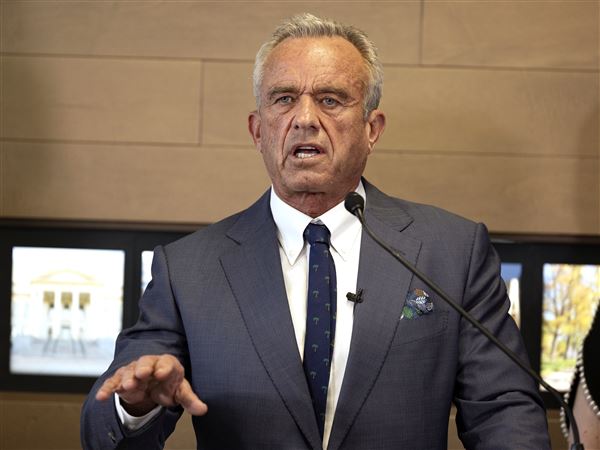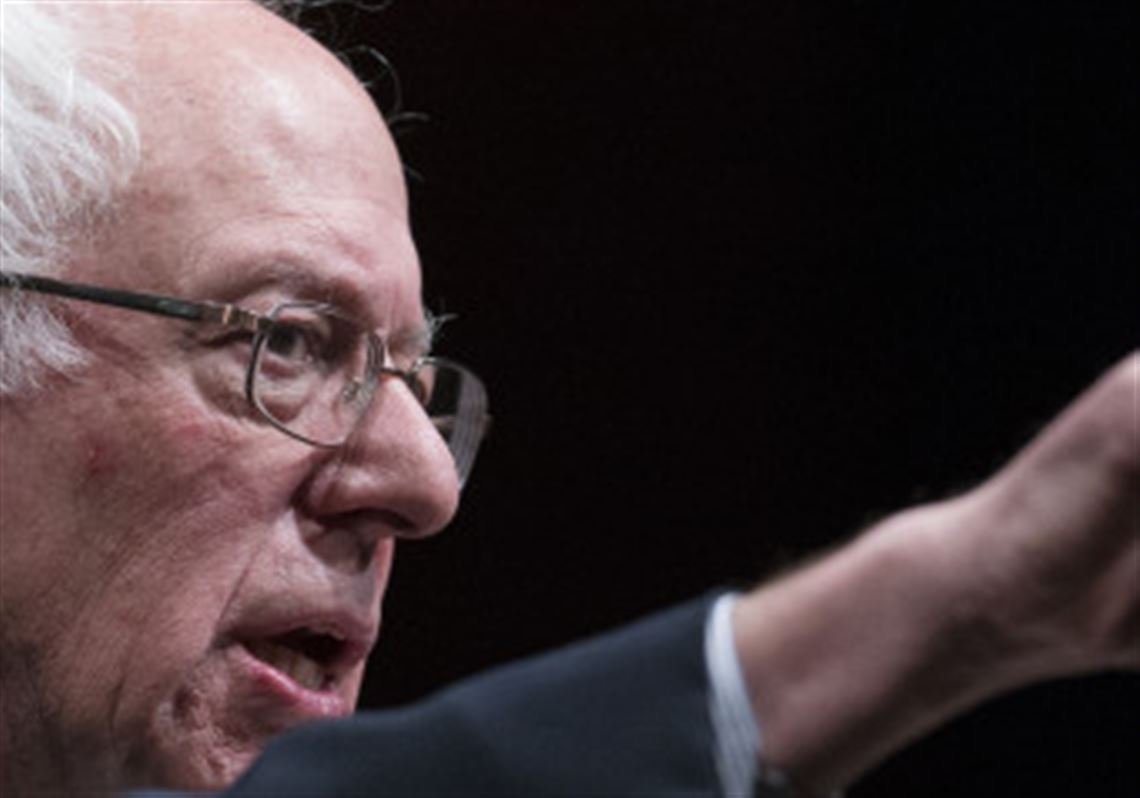One of the more important arguments between Bernie Sanders and Hillary Clinton during Sunday’s Democratic debate occurred over whether to push for “Medicare for all,” as Mr. Sanders insisted, or to build more slowly on the limited success of President Barack Obama’s health care law.
Ms. Clinton said: “I do not want to see the Republicans repeal it, and I don’t want to see us start over again with a contentious debate. I want us to defend and build on the Affordable Care Act and improve it.”
Mr. Sanders retorted: “I voted for it, but right now, what we have to deal with is the fact that 29 million people still have no health insurance.”
For Europeans, that staggering fact is impossible to understand. There are debates there about national health care systems, but not this one. All the big economies there have universal health care systems under which everyone is insured. Even the most conservative politicians support them.
Mr. Sanders’s critics say that expanding Medicare would cost too much and require much higher taxes. Without big changes in the structure of U.S. health care, that would be true. But that’s also a fact that sounds strange to European ears because European countries tend to deliver high-quality care while effectively controlling the cost.
In general, American taxpayers do pay less than their European counterparts, but not everywhere. Some of the EU’s biggest economies aren’t collecting much more tax revenue per capita than the U.S. does.
In 2014, the U.S. collected $14,202 in taxes per capita, according to the Organization for Economic Cooperation and Development. That’s about $3,000 less than Germany, nearly as much as Britain and $4,000 more than Spain. Those three countries, however, all have universal health care systems that are mostly or entirely tax-funded. One can get private health insurance there, too, but generally it only guarantees quicker access to the same quality of service.
During the Democratic debate, NBC anchor Andrea Mitchell questioned the feasibility of Mr. Sanders’s approach to health care, reminding him that his home state, Vermont, had rejected such a scheme because “by some estimates, it would double the budget.” Yet Europe’s example shows that universal health care doesn’t have to be about burdening people with more taxes. It’s not necessarily even about reconsidering the spending structure, as Mr. Sanders suggested during the debate when he said that the United States should be “investing in jobs and education, not in jails and incarceration.”
According to the Organization for Economic Cooperation and Development, the United States already spends a bigger share of its economic output on health care than any of the other advanced nations. It might help, of course, if some more of the country’s unusually high defense spending and higher-than-average public safety outlays were shifted toward health. That wouldn’t bring the United States into line with the European societies, though. It would need to simplify the funding systems for health care and education, and it would need to drive down costs in both sectors.
Prescription drugs, for example, are far more expensive in the United States than in Europe. The most important reason for that is that European countries regulate them and force pharmaceutical companies to accept thinner margins; the United States doesn’t.
European governments don’t give much credence to big pharma’s argument that higher prices help consumers by paying for more research and development: These companies spend more on marketing than they do on R&D, and big European drugmakers haven’t given up on research because they are more tightly regulated in their home markets.
European governments have also carved out a smaller niche in the health industry for private insurance companies: serving those who want premium care. It makes sense: The profits are made from people who are willing and able to pay more.
Mr. Sanders sounds like a rabble-rousing lefty to Americans when he says: “What this is really about is not the rational way to go forward — it’s Medicare for all — it is whether we have the guts to stand up to the private insurance companies and all of their money, and the pharmaceutical industry.”
Sure, his approach is not as business-friendly as the policies that Ms. Clinton wants to change incrementally. But in Europe there’s nothing radical-sounding about Mr. Sanders’s ideas because Germany, Britain, Spain and others provide basic services to their residents on roughly the same amount of per-capita tax dollars that the U.S. collects.
Europeans often complain about the quality of their comprehensive health care. Yet the residents of Europeans countries are generally in better health.
It is often said Americans are tired of mainstream politics, with the implication that Mr. Sanders is as far from the mainstream as the man he calls his “good friend,” Donald Trump. What Mr. Sanders suggests, however, is mainstream policy for any European center-right party. It’s not clear why Americans should settle for less.
Leonid Bershidsky is a columnist for Bloomberg View.
First Published: January 21, 2016, 5:00 a.m.















